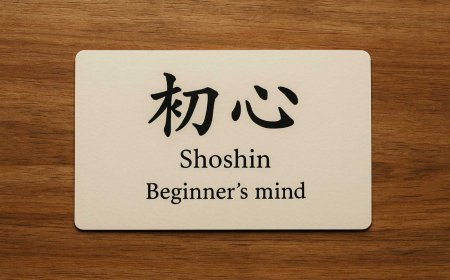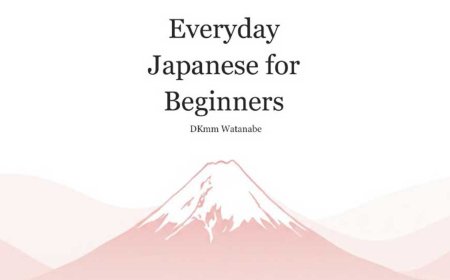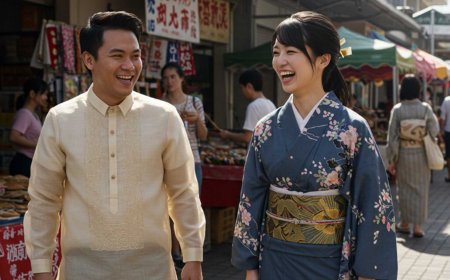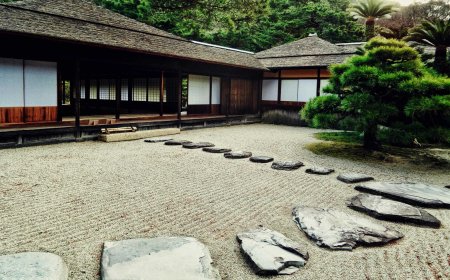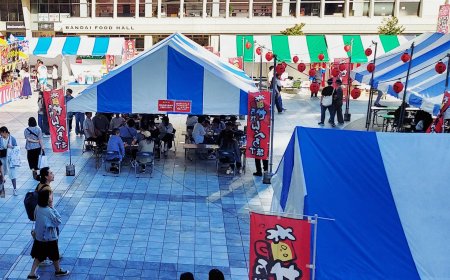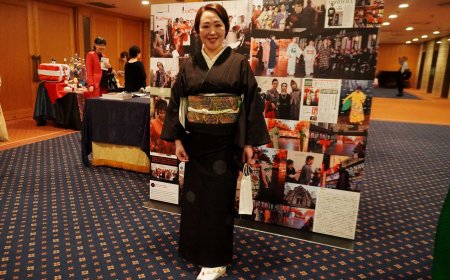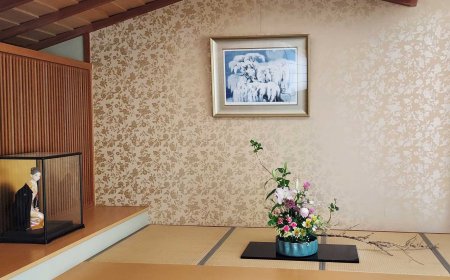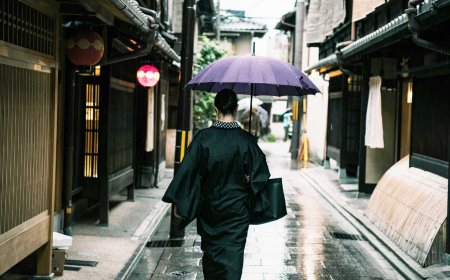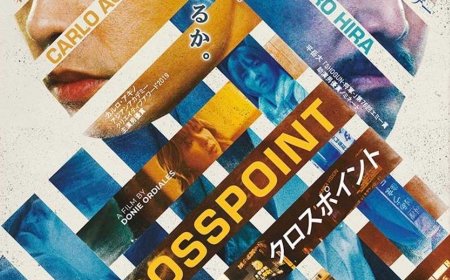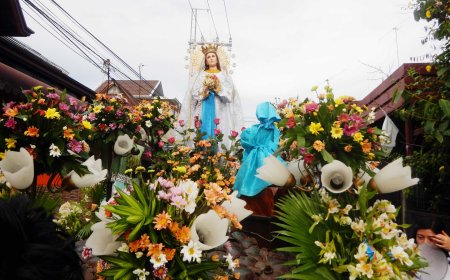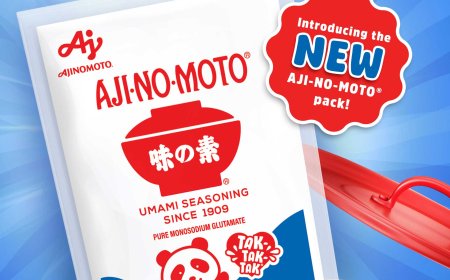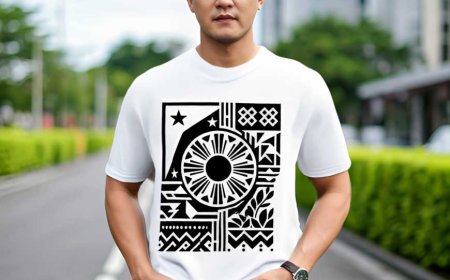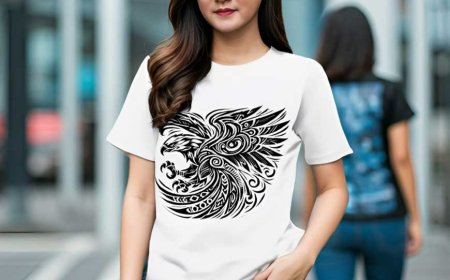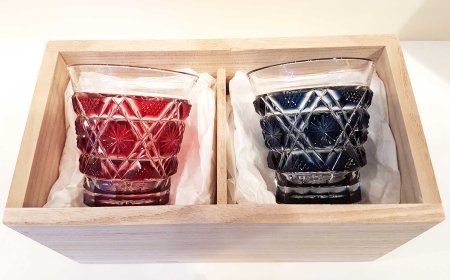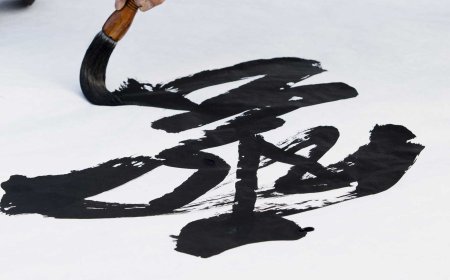The Art and Evolution of Japanese Tattoos
Japanese tattoo artistry, from its ancient roots in spirituality to its association with rebellion and crime. Discover how modern perspectives are reshaping societal attitudes, and witness the resurgence of traditional Japanese tattoos in contemporary culture.
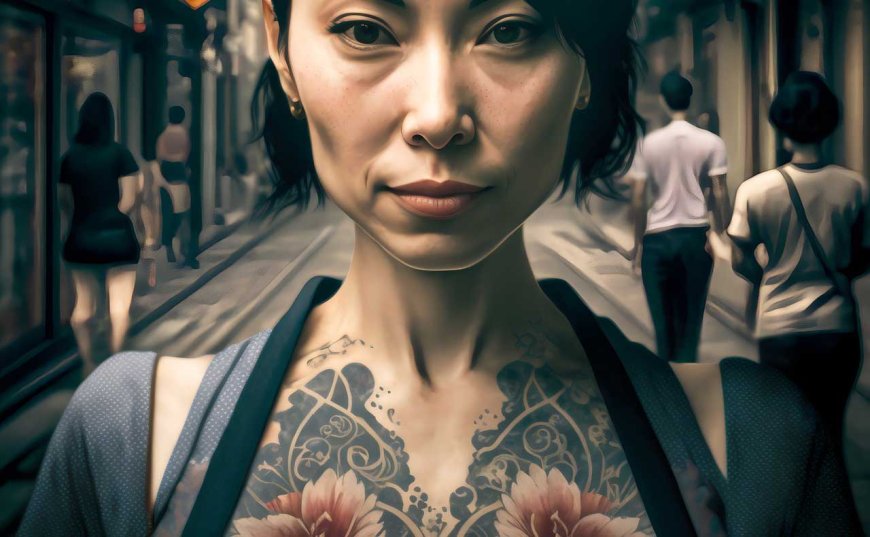
The Art of Tattooing in Japan
Tattoos have been an integral part of Japanese culture for centuries, weaving a rich tapestry of tradition, symbolism, and craftsmanship. Unlike in some Western cultures where tattoos are often associated with rebellion or individual expression, in Japan, tattoos have a deep-rooted history intertwined with spirituality, artistry, and societal norms.
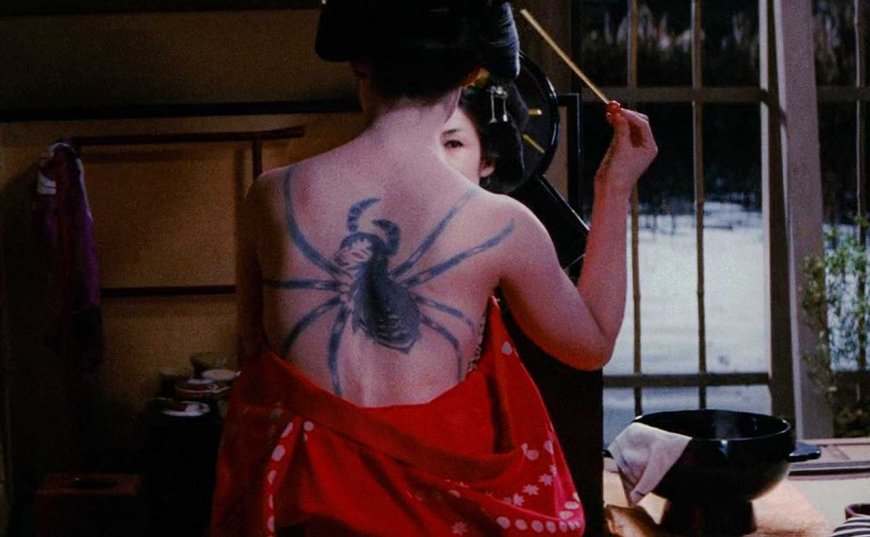 The image is from the movie "Irezumi" directed by Yasuzo Masumura in 1966. Source: National Film Center, The National Museum of Modern Art, Tokyo
The image is from the movie "Irezumi" directed by Yasuzo Masumura in 1966. Source: National Film Center, The National Museum of Modern Art, Tokyo
Historical Roots
In Japan, people started getting tattoos around 5000 B.C. The first tattoos were seen on clay figures around this time, showing designs on the face and body. The earliest written mention of tattoos in Japan comes from a text called the History of the Chinese Dynasties, dating back to 300 A.D.
The art of tattooing, known as "irezumi" (刺青) in Japanese was initially used for ritualistic and spiritual purposes. Tattoos were believed to offer protection and ward off evil spirits. Over the centuries, the practice evolved, with tattooing becoming a visible mark of status, particularly among the working class.
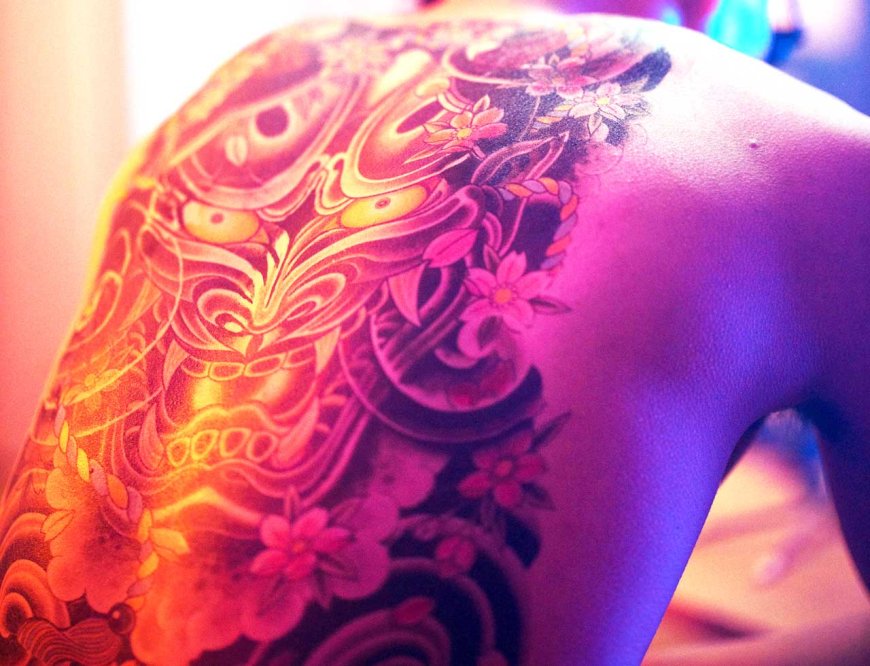
Edo Period and Criminal Associations
During the Edo period (1603-1868), tattooing took on a new dimension as it became associated with criminality. The government imposed strict laws, branding criminals with tattoos as a form of punishment. Despite this, many commoners embraced tattoos, using them to express their identities and rebel against the societal norms of the time.
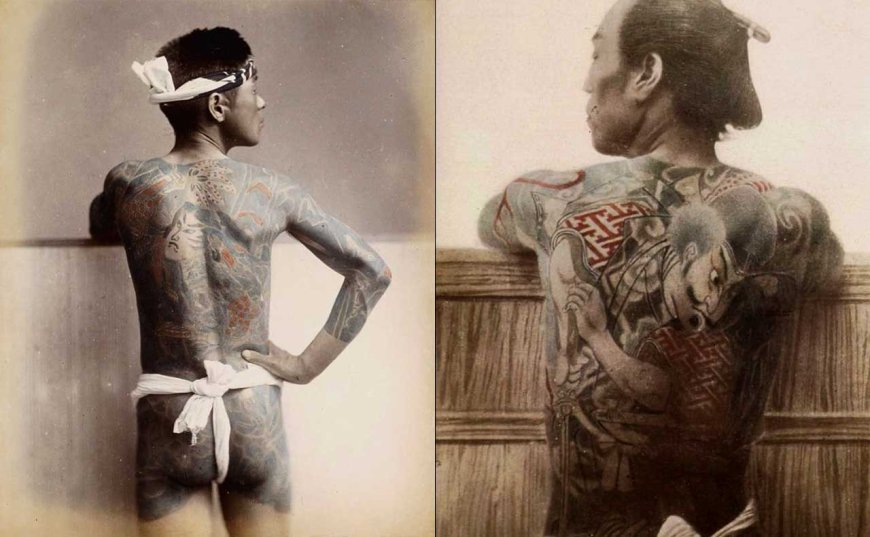
Symbolism and Imagery
Japanese tattoos are renowned for their intricate designs and symbolic meanings. Each element in a tattoo carries significance, telling a story or representing cultural beliefs. Popular motifs include koi fish, cherry blossoms, dragons, and geishas. For example, a koi fish symbolizes perseverance and determination, while cherry blossoms represent the transient nature of life.
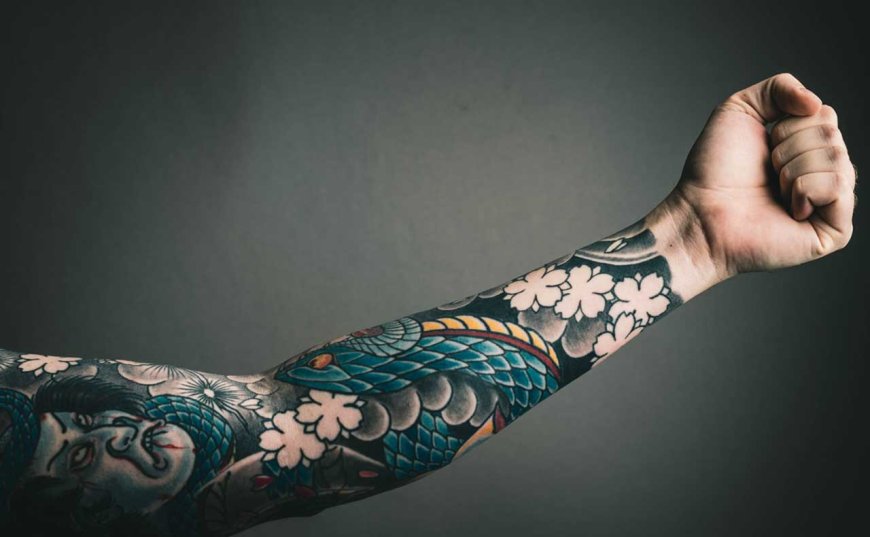
Yakuza and Tattoos
In the 20th century, tattoos became synonymous with the Yakuza, Japan's notorious organized crime syndicate. Yakuza members adorned their bodies with elaborate tattoos, showcasing their allegiance to the gang and documenting their personal journeys. This is probably the reason why the word "tattoo" has a negative connotation in Japan.

While tattoos have a deep historical significance in Japan, modern society has viewed them with mixed sentiments. For a long time, tattoos were stigmatized and associated with criminality. Many public spaces, such as hot springs, gyms, and even some workplaces, prohibited entry to individuals with visible tattoos. This mindset has been slow to change, but recent years have seen a shift in perception, especially among the younger generation.
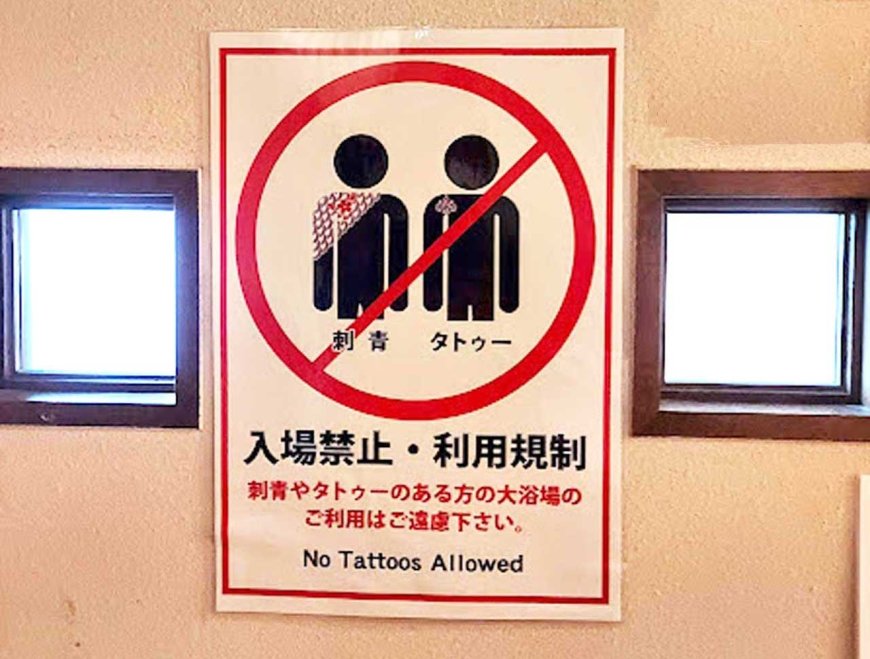
Contemporary Tattoo Culture
In recent decades, there has been a resurgence of interest in traditional Japanese tattoo artistry. Talented tattoo artists, often referred to as "horishi," are creating masterpieces that blend ancient techniques with modern styles. Many individuals now seek tattoos not only as a form of self-expression but also as a way to connect with Japan's rich cultural heritage.
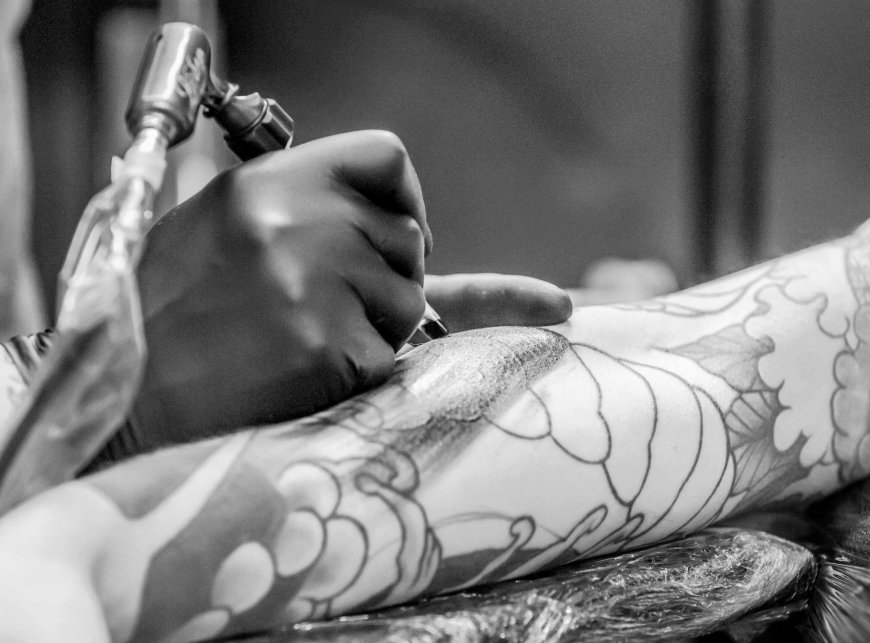
The art of tattooing in Japan is a fascinating journey through time, culture, and societal evolution. As perceptions continue to change, a new generation of tattoo enthusiasts and artists is emerging, ensuring that the legacy of Japanese tattooing will endure, blending tradition with contemporary expression.

Nipino.com is committed to providing you with accurate and genuine content. Let us know your opinion by clicking HERE.
